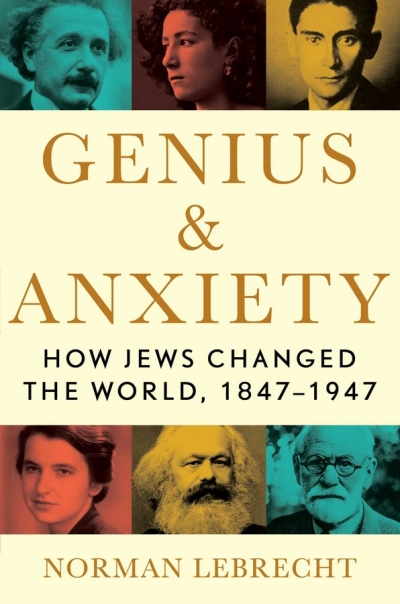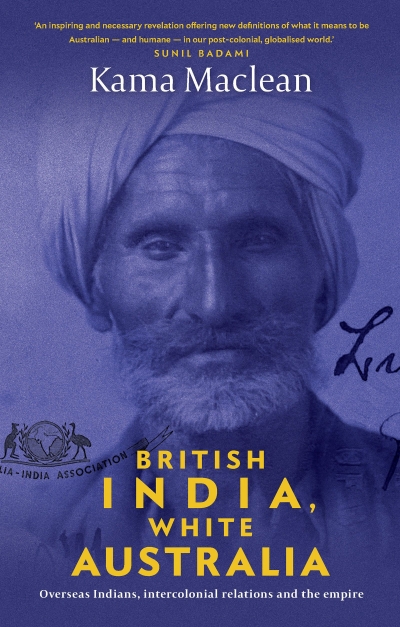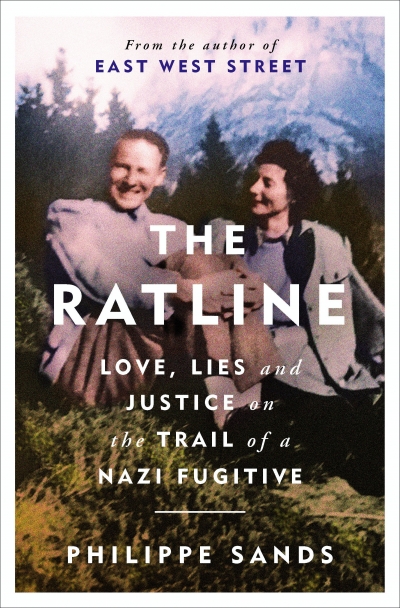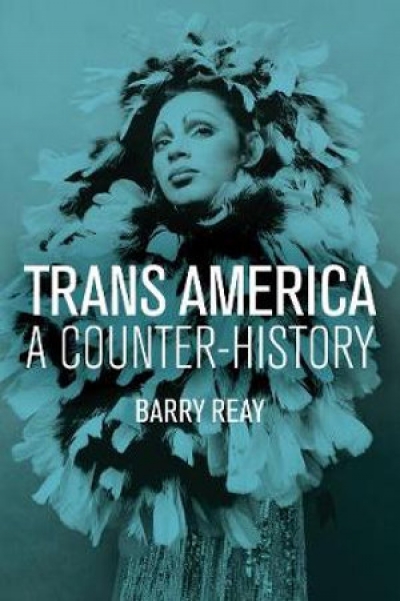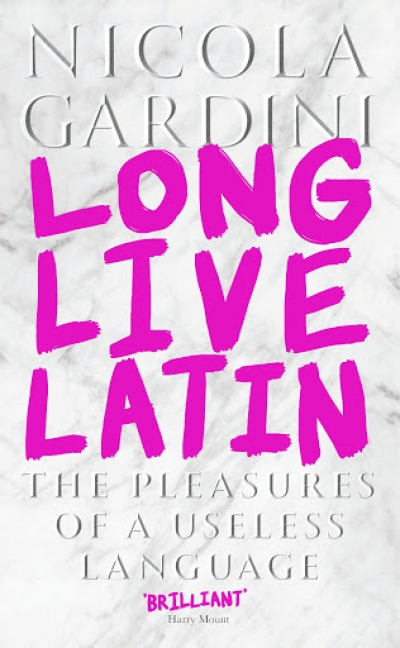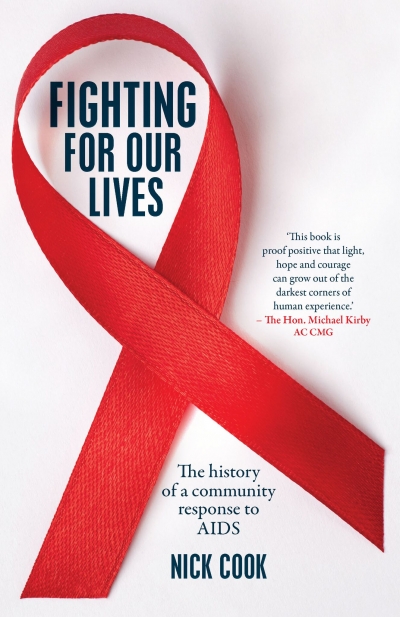History
A Place for Everything: The curious history of alphabetical order by Judith Flanders
In the early nineteenth century, Sequoyah, a Cherokee man living in Alabama, developed a fundamentally new system of writing Cherokee, which had until then not been a written language. Sequoyah’s system – properly a syllabary rather than an alphabet, in that it represents the eighty-five syllables used in Cherokee – is fascinating, innovative, and remains in use today. But in what order did those fabulous syllables go? Sequoyah provided a chart, but the missionary Samuel Worcester quickly rearranged it to suit English alphabetic order. Language was power, and ‘alphabetic order’ proved not to be neutral.
... (read more)Genius and Anxiety: How Jews changed the world, 1847–1947 by Norman Lebrecht
My first encounter with Daniel Deronda (1876) was during a university undergraduate course in Victorian literature. The novel was almost shocking for its romanticised Jewish eponymous hero and its deep evocation of Judaism and modern Zionism’s stirrings. This was a singular experience when it came to reading Jewish characters by writers who were not themselves Jewish. Fictional Jews of this period were more likely to be permutations of vile stereotypes, Shylock or Fagin-like. They induced a feeling of shame, even when arguments could be made for the work’s nuance and literary brilliance. In Genius and Anxiety: How Jews changed the world, 1847–1947, we meet Daniel Deronda’s unlikely muse along with a profusion of other personalities, some famous, others whose legacies have been unnoticed or suppressed.
... (read more)The Colonial Kangaroo Hunt by Ken Gelder and Rachael Weaver
As generations of Australian tourists have found, the kangaroo is a far more recognisable symbol of nationality than our generic colonial flag. Both emblematic and problematic, this group of animals has long occupied a significant and ambiguous space in the Australian psyche. Small wonder, then, that Ken Gelder and Rachael Weaver have found such rich material through which to explore our colonial history in The Colonial Kangaroo Hunt.
... (read more)British India, White Australia: Overseas Indians, intercolonial relations and the Empire by Kama Maclean
Australian Sikhs delivering free meals to fellow citizens in need has been a heart-warming news story against a backdrop of doom and gloom this year as bushfires then the coronavirus laid waste to life as we know it. Public housing tenants in lockdown, international students stranded without support, and bush-dwellers who lost everything in the fires are among those who benefited from their kindness and competence.
... (read more)In 2007, Britain’s Royal Mint issued a £2 coin commemorating two hundred years since the Act for the Abolition of the Slave Trade, the zero in ‘1807’ appearing as if a broken link in a chain. While interrupting the notorious transatlantic trade, the Act did not end slavery itself – that was achieved, at least in parts of the British world, with further legislation in 1833 that outlawed enslavement in the British Caribbean, Mauritius, and the Cape of Good Hope. Emphasis on the dramatic, if illusionary, chain-breaking moment in some bicentenary celebrations extended a tradition of dwelling on Britain’s role in slave emancipation.
... (read more)Chicken: A history from farmyard to factory by Paul R. Josephson
Borrowing a term coined by the late Jewish Nobel Laureate and vegetarian Isaac Bashevis Singer, Charles Patterson (in)famously likened humanity’s treatment of animals to an ‘eternal Treblinka’. In his 2001 book of the same name, Patterson set the mass murder of Europe’s Jews and industrialised animal slaughter side by side, drawing a line between the production methods of Chicago’s early twentieth-century slaughterhouses, the assembly-line technology pioneered by Henry Ford – an avowed anti-Semite and Hitler supporter – and the death camps of Nazi Germany. Another Jewish writer, the German philosopher Theodor Adorno, is said to have observed that ‘Auschwitz begins whenever someone looks at a slaughterhouse and thinks: they’re only animals’.
... (read more)The Ratline: Love, lies and justice on the trail of a Nazi fugitive by Philippe Sands
Hunting Nazis is an almost guaranteed reading pleasure – the joy of the chase, plus the moral uplift of being on the side of virtue. I started Philippe Sands’s book with a sense both of anticipation and déjà vu. A respected British international human rights lawyer with the proven ability to tell a story, Sands should be giving us a superior version of a familiar product. Many readers will remember his book East West Street (2016), which wove together the Nuremberg trial, some family history, and the pre-war intellectual life of Lemberg/Lviv. The latter produced not only Raphael Lemkin, theorist of genocide, but also the lesser known Hersch Lauterpacht, theorist of crimes against humanity, as well as Sands’s maternal grandfather, Leon Buchholz.
... (read more)Today’s transgender community is woefully ignorant of its past, beholden to ‘historical amnesia’ and the ‘erasure of much trans history’ – or so Barry Reay would have us believe. Reay, a prolific historian of sexuality at the University of Auckland, begins his new history, Trans America, by decrying the supposed trans failure to look to the past, before setting about the task of correcting, as he puts it, ‘the significant structural and conceptual weaknesses in trans history’.
... (read more)Long Live Latin by Nicola Gardini & Vox Populi by Peter Jones
What is the value of useless knowledge? One of the by-products of the rise of artificial intelligence is that the realm of what one really needs to know to function in society is ever shrinking. Wikipedia makes learning facts completely redundant. Pub trivia competitions now seem a fundamentally anachronistic form of entertainment, like watching a jousting tournament in the age of artillery. One can appreciate the skill, but one also knows that its time has come and gone.
... (read more)Fighting for Our Lives: The history of a community response to AIDS by Nick Cook
It is quite an apposite time for the appearance of Nick Cook’s Fighting for Our Lives: The history of a community response to AIDS, when the world is dealing with the impact of another deadly virus. There are always lessons to be learned: where better to start than from historical experience.
... (read more)

